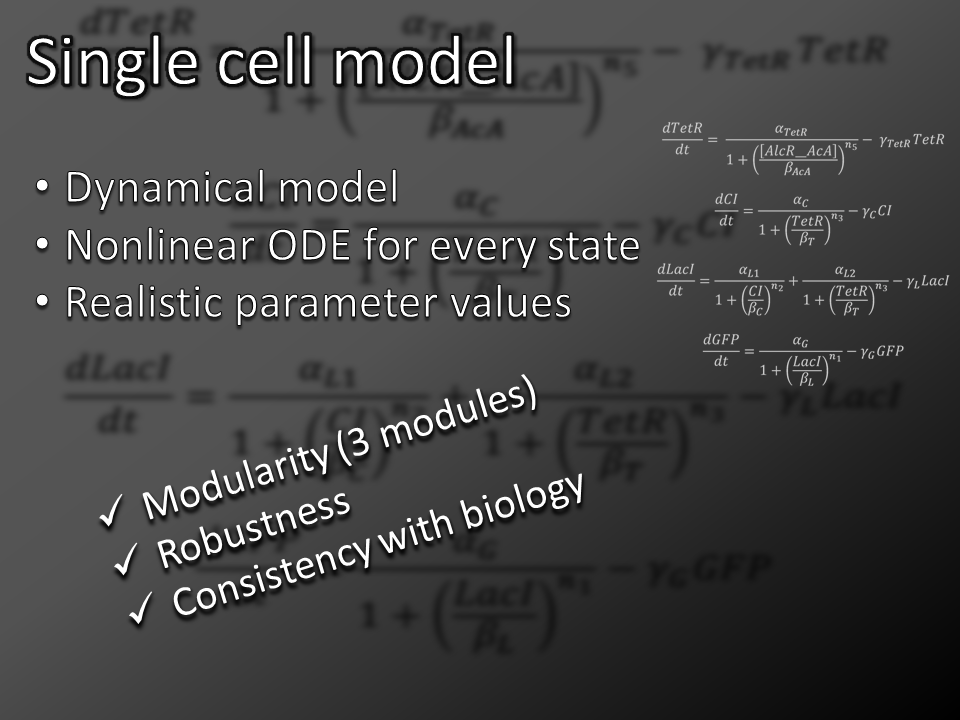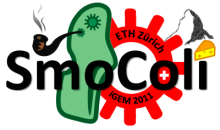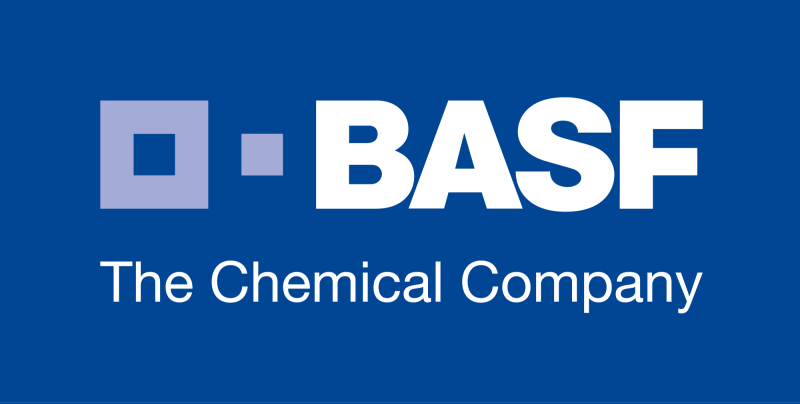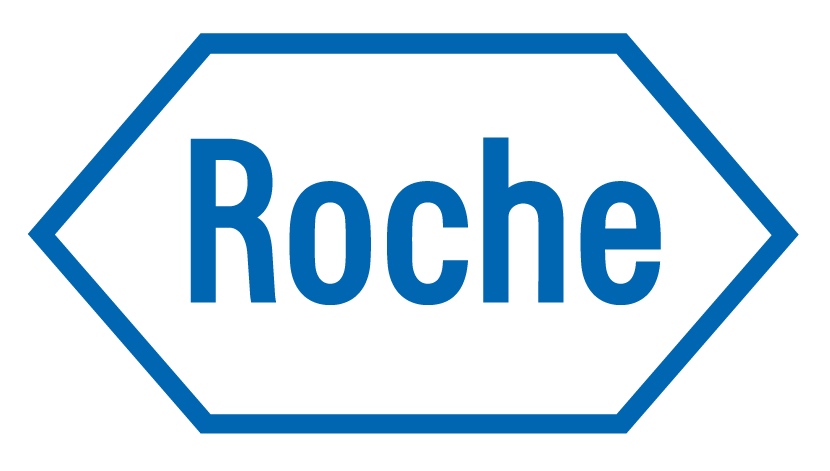Team:ETH Zurich/Modeling
From 2011.igem.org
| Line 1: | Line 1: | ||
{{:Team:ETH Zurich/Templates/HeaderNew}} | {{:Team:ETH Zurich/Templates/HeaderNew}} | ||
{{:Team:ETH Zurich/Templates/SectionStart}} | {{:Team:ETH Zurich/Templates/SectionStart}} | ||
| - | |||
| - | |||
| - | |||
| - | |||
| - | |||
| - | |||
| - | |||
| - | |||
| - | |||
| - | |||
If you want to get a better overview of the modeling, take a tour through our slides and click on them for detailed explanation of the respective sections.''' | If you want to get a better overview of the modeling, take a tour through our slides and click on them for detailed explanation of the respective sections.''' | ||
| - | |||
{{:Team:ETH Zurich/Templates/SectionEnd}} | {{:Team:ETH Zurich/Templates/SectionEnd}} | ||
{{:Team:ETH Zurich/Templates/SlideShow|Items=<html> | {{:Team:ETH Zurich/Templates/SlideShow|Items=<html> | ||
| Line 43: | Line 32: | ||
</html> | </html> | ||
}} | }} | ||
| + | |||
| + | {{:Team:ETH Zurich/Templates/SectionStart}} | ||
| + | = Modeling Overview = | ||
| + | ''''''We created a computational three dimensional spatio-temporal model of the SmoColi smoke sensor in order to evaluate our network and channel designs. | ||
| + | |||
| + | '''We started our modeling efforts in designing a [[Team:ETH_Zurich/Modeling/SingleCell|single-cell model]] in Matlab, based on ordinary differential equations, which can be reliably used to predict the sensor, band-pass filter and alarm behaviour. | ||
| + | |||
| + | '''In parallel to this effort we created a [[Team:ETH_Zurich/Modeling/Microfluidics|three dimensional dynamic reaction-diffusion model]] using the mechanical engineering software platform COMSOL. It gives information on if a gradient of the toxic molecule can be obtained.''' | ||
| + | |||
| + | '''With these two separate models most of the questions regarding biological implementation and channel design could already be answered. However, the AHL alarm system depends neither only on the intra-cellular, nor only on the inter-cellular state of the overall network, but on both. Therefore, we [[Team:ETH_Zurich/Modeling/Combined|combined both models]] in a final step to create a three dimensional, temporal, molecular reaction diffusion model, which can reliably reproduce all important characteristics of our SmoColi smoke-detector.''' | ||
| + | |||
| + | '''These modeling efforts were not only valuable in the decision process on how to [[Team:ETH_Zurich/Overview/CircuitDesign|design the overall network]], but also played a crucial role in the construction process of our [[Team:ETH_Zurich/Process/Microfluidics|microfluidic device]].''' | ||
| + | {{:Team:ETH Zurich/Templates/SectionEnd}} | ||
{{:Team:ETH Zurich/Templates/HeaderNewEnd}} | {{:Team:ETH Zurich/Templates/HeaderNewEnd}} | ||
Revision as of 08:56, 27 October 2011






Modeling Overview
'We created a computational three dimensional spatio-temporal model of the SmoColi smoke sensor in order to evaluate our network and channel designs.
We started our modeling efforts in designing a single-cell model in Matlab, based on ordinary differential equations, which can be reliably used to predict the sensor, band-pass filter and alarm behaviour.
In parallel to this effort we created a three dimensional dynamic reaction-diffusion model using the mechanical engineering software platform COMSOL. It gives information on if a gradient of the toxic molecule can be obtained.
With these two separate models most of the questions regarding biological implementation and channel design could already be answered. However, the AHL alarm system depends neither only on the intra-cellular, nor only on the inter-cellular state of the overall network, but on both. Therefore, we combined both models in a final step to create a three dimensional, temporal, molecular reaction diffusion model, which can reliably reproduce all important characteristics of our SmoColi smoke-detector.
These modeling efforts were not only valuable in the decision process on how to design the overall network, but also played a crucial role in the construction process of our microfluidic device.
 "
"




